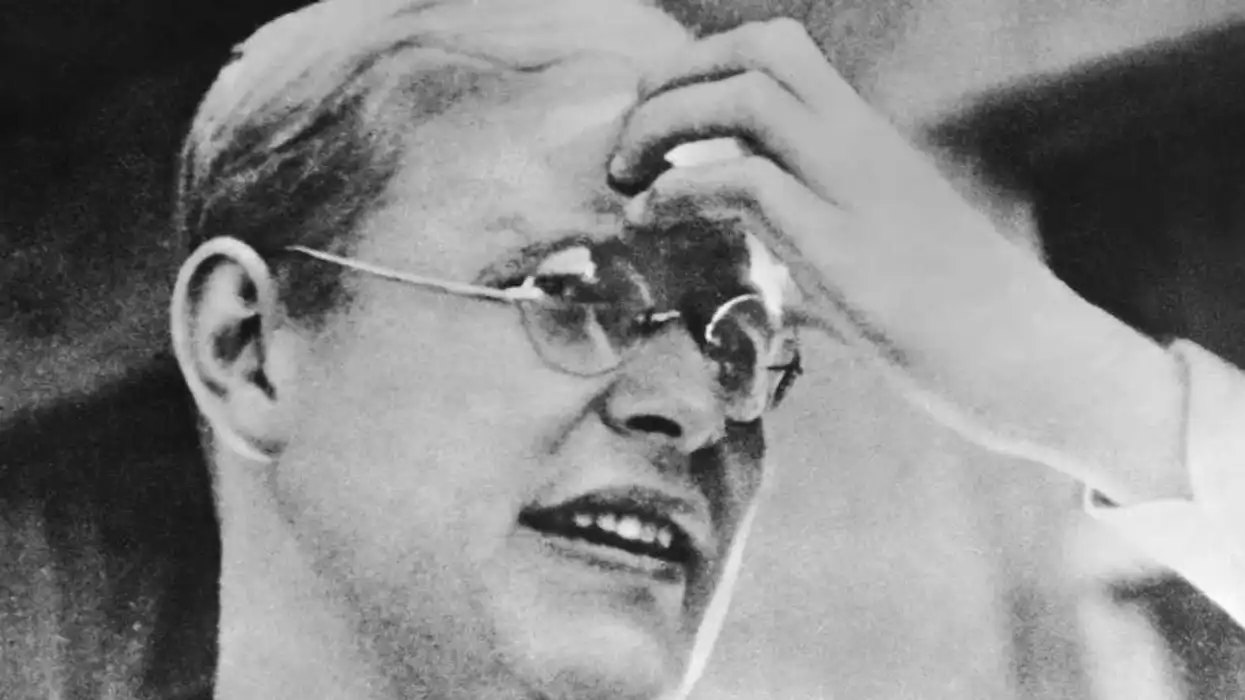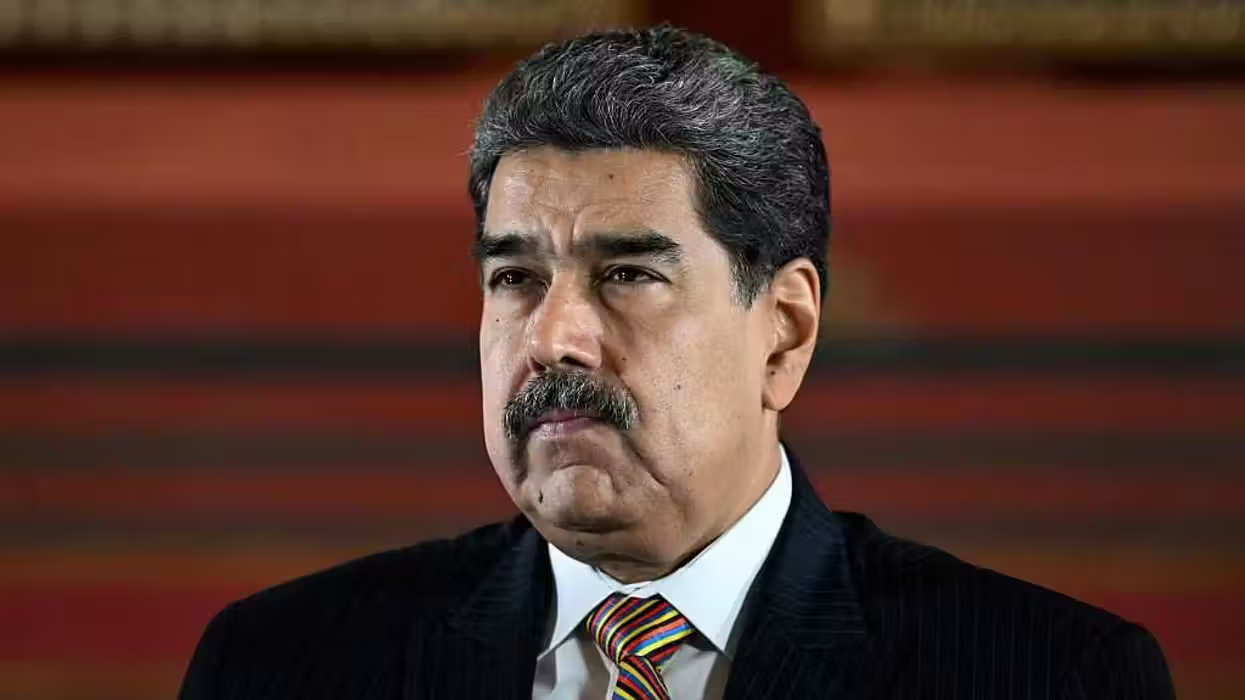© 2026 Blaze Media LLC. All rights reserved.
The events unfolding in Egypt have confounded commentators across the political spectrum. Despite the best efforts of analysts, credible predictions as to the political future of Egyptian society remain elusive, usually appearing to be little less than educated guesses or, at worst, partisan talking points. Some are convinced that the demonstrations will lead to the establishment of a new liberal state, while others rightly fear the grim specter of the rise of a new Islamist state under the rule of the Muslim Brotherhood. While a great deal of attention has been paid to the various ideologies of the political factions at play, just as important are the conditions that underlie Egypt’s current revolutionary fervor. A recent report might give us some insight as to the social backdrop upon which the Egyptian unrest is occurring.
Last week the United Nations Food and Agriculture Organization announced that the Food Price Index rose for the 7th consecutive month. For various reasons including American monetary policy and increasing global demand, the prices of corn, soybeans, sugar, livestock, and other vital foodstuffs have risen to highs in recent months that haven’t been seen since 2008 when food prices had previously peaked. These high food prices, along with persistent unemployment, have put a strain on Middle Eastern regimes and are undoubtedly contributing to growing regional unrest. While this fact can hardly allow us to foresee the future of Egypt with any certainty, it does allow us to draw historical parallels. One of the most notable analogous events in history, one that saw political upheaval alongside a populace struggling to feed itself, was the French Revolution.
The decade leading up to the French Revolution saw massive crop failures and food shortages. Double-digit inflation in the price of food became commonplace with price of food inflating by 67% in 1789 alone. The Revolution’s first manifestations were so-called bread riots in urban France as peasants, motivated by their hunger, took to the streets in orgies of looting and property destruction.
It was under these conditions that the French people all but overthrew the monarchy of King Louis XVI. The National Assembly, France’s first democratic assembly, drafted and adopted The Declaration of the Rights of Man, a statement of principle not unlike the United States Declaration of Independence. Following this, the Assembly adopted France’s first written constitution.
Despite having succeeded in establishing the foundations of a liberal society, food shortages persisted. When the people demanded that this problem, along with others, be confronted, France’s National assembly created the Committee for Public Safety, which would come to be fronted by radical Maximilian Robespierre. Under the Committee of Public Safety between 1793 and 1794, the French Revolution began consuming itself. The committee’s reactionary response to conspiracies “against the public liberty and general safety”, both real and imagined, gave rise to what would become known as the Reign of Terror, leading to bloody excesses that sapped the revolution of what moral authority it had once held. As many as 40,000 French citizens went to the scaffolds and met their end at the guillotine. It wasn’t until Robespierre himself met his fate that calm returned to France. Even still, the disorder and discontent in post-revolutionary France was seized upon Napoleon Bonaparte, culminating in one of history’s most destructive dictatorships.
Despite having enlightenment ideas at its ideological center, it was its empty belly that led the revolution to abandon its moral compass. Many of the ideas behind the French revolution were the same as those that inspired Americas founders. For example, the Baron De Montesquieu’s concept of limiting concentration of state power were a favorite of the radical Jacobins, while John Locke’s concepts of popular sovereignty and natural rights were at the core of France’s revolution. Similarly in Egypt, those currently taking to the streets might have the best of intentions, but even the most liberal of political factions will eventually have to answer to hungry citizens, who will turn in desperation to whomever can keep them feed.
While the Muslim Brotherhood might represent a political minority (one commentator suggests that they might only receive as little as 20% of the vote of a democratic election were held today), it is by far the most organized opposition political faction within Egypt. It’s global scope and access to resources will allow them to exploit any post-revolutionary chaos in a way other political factions within Egypt cannot. This includes inflated food prices that are almost sure to continue no matter who controls Egypt following the abdication of President Hosni Mubarak.
As global food prices continue skywards, we are likely to see continued unrest. When analyzing this upheaval, we must take care to remember that while it is important to understand what is at the heart of the revolution, we must not overlook what is in its stomach.
Want to leave a tip?
We answer to you. Help keep our content free of advertisers and big tech censorship by leaving a tip today.
Want to join the conversation?
Already a subscriber?
more stories
Sign up for the Blaze newsletter
By signing up, you agree to our Privacy Policy and Terms of Use, and agree to receive content that may sometimes include advertisements. You may opt out at any time.
Related Content
© 2026 Blaze Media LLC. All rights reserved.
Get the stories that matter most delivered directly to your inbox.
By signing up, you agree to our Privacy Policy and Terms of Use, and agree to receive content that may sometimes include advertisements. You may opt out at any time.






